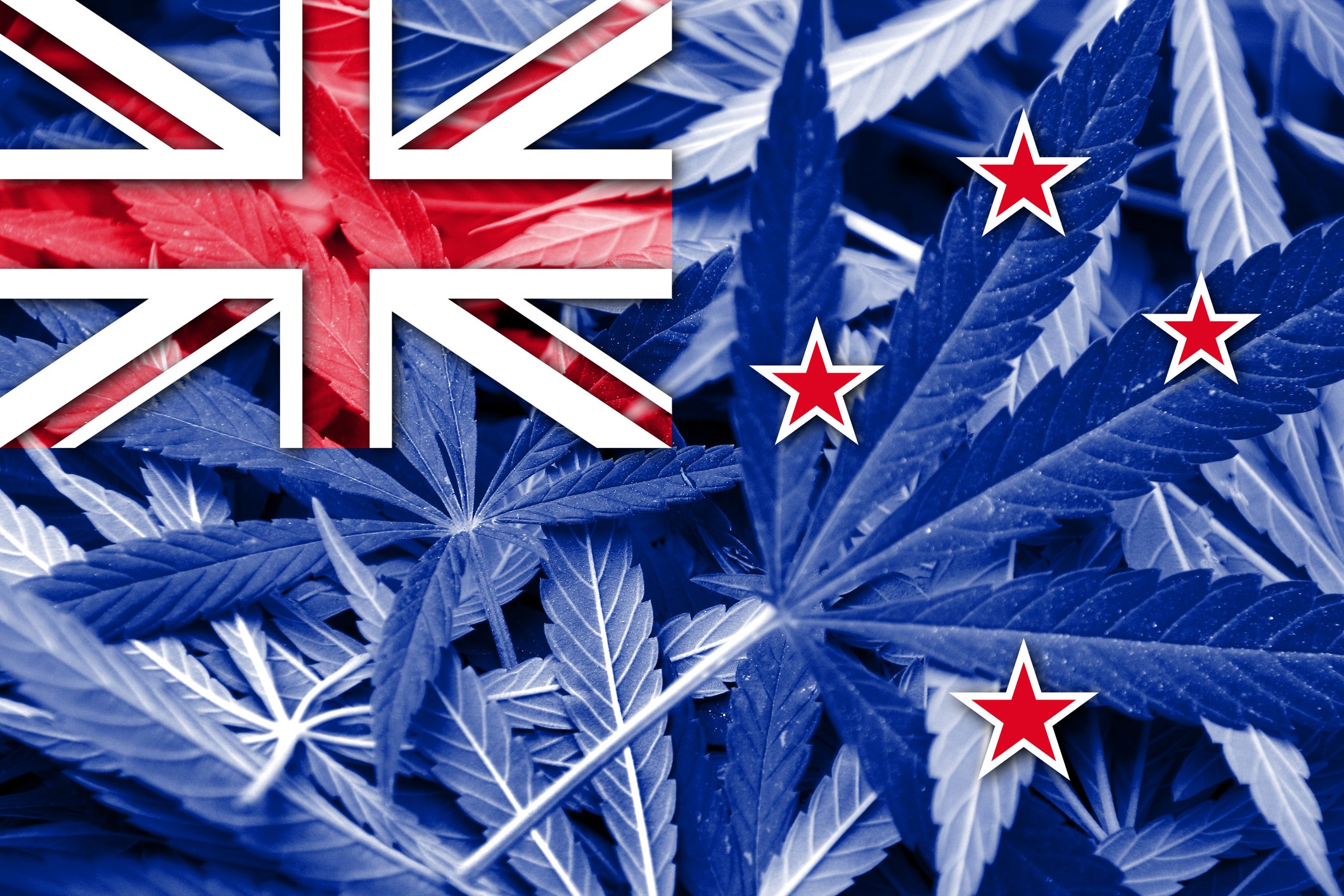
- Read feature: Pretty out of it
Labour
The Government is taking action to treat cannabis possession and use as a health matter rather than criminal matter. We consider a health-based approach to personal drug use as the most effective way to reduce harm for individuals and communities.
This is reflected in health initiatives we have introduced which include:
- the 2019 amendment to the Misuse of Drugs Act 1975 which affirmed Police discretion not to prosecute for possession offences;
- the introduction of a licensing system for drug checking in 2021;
- the expansion of the Te Ara Oranga methamphetamine harm reduction programme; and,
- the recent change to the classification of Naloxone, which makes it more accessible as a means to reverse opioid overdose.
The Government is committed to stopping drug crime, including the import, production, and supply of illegal drugs. Currently the Misuse of Drugs Act 1975 gives police officers powers to search and seize harmful substances and their precursors, interrupt supply chains, and prosecute individuals and groups.
The Government supports an evidence-based approach to drug classification within the schedules of the Misuse of Drugs Act 1975.
New Zealanders were given an opportunity to have their say on the legalisation of cannabis alongside the 2020 general election and 50.7% voted no. As a government, we are committed to honouring the outcome of the referendum and for this reason we have not thought it would be appropriate to change the legal status of cannabis or to decriminalise or legalise any other illicit drug at this time.
National
National does not support the legalisation of drugs and New Zealanders opposed legalising cannabis in the 2020 referendum.
Drug laws were introduced because of the serious harm these substances can cause New Zealanders, young and old. Drug dealers knowingly pedal this misery. We need to crack down on the suppliers of illegal drugs and consequences must exist for inflicting such harm on our communities. Ensuring that our communities feel safe is a key priority for National.
National recognises the need to help rehabilitate users addicted to drugs and we have consistently proposed policies to increase rehabilitation services, such as the ‘‘Tackling Meth’’ policy we announced in 2020.
Green Party
The Green Party supports an evidence-based, harm reduction approach to all substances.
Drugs are a health, housing, employment and education issue and criminalising people through the War on Drugs doesn’t solve any of these problems. Decriminalisation is the obvious starting point.
If we accept that substances can cause harm, the next question has to be how we can best design a system so as to reduce that harm. The spectrum of legal approaches spans from criminal prohibition to a complete, legal, free market. Switzerland, for example, responded to the heroin epidemic in 1990 through regulating legal medical supply to addicts. This is very similar to the recent proposals from the Helen Clark Foundation.
It’s also easy to forget we were the first country in the world to legalise and fund a national needle exchange programme, which means we have the lowest rates of HIV/AIDs among intravenous drug users in the OECD. Successive Governments have received report after report ... which have all said that the Misuse of Drugs Act needs to be overhauled.
We currently spend four times as much money on criminal enforcement than we do on health-based interventions. Even if you strip away the evidence of what works and human compassion, the most fiscally responsible approach to presently illegal drugs is to redistribute the money currently spent on criminal enforcement into health supports.
ACT
ACT supported having a referendum on cannabis law reform. Most ACT MPs voted yes. We are sceptical about prohibition in general and don’t believe it has been a successful policy on drugs.
However, we must respect the outcome of the referendum. If there is not public support for legalising cannabis, there will not be support for legalising harder drugs.
Te Pāti Māori
Te Pāti Māori support the decriminalisation of drugs and would wipe the slate on all low-level drug convictions. We need to be helping people to seek treatment for drug addiction without fear of the law, and enable them to fully participate in society.
The United States, which started the global war on drugs, is now taking steps to end it, with the Biden administration wiping the records of people charged with cannabis possession. This only highlights how far behind we are when it comes to our drug laws and the shameful inaction of our Government.
Forty-one percent of low-level drug convictions are Māori, despite using drugs at similar rates to non-Māori. We currently make up over half of the prison population, with almost half being there for non-violent drug offences. Our current drug laws are only fit for purpose if that purpose is to continue to oppress and imprison tangata whenua.
We support the decriminalisation of all drugs. We would also enable medical professionals to prescribe certain illicit drugs as part of addiction treatment programmes.
We want to massively increase funding into front line kaupapa Māori-led addiction services.
TOP
The Opportunities Party supports an evidence-based approach to all drugs, focused on harm minimisation.
It is time that we move on from the outdated ‘‘war on drugs’’ and transition to a ‘‘harms-based’’ approach that will deliver improved social and health outcomes. We support the legalisation of cannabis and the decriminalisation of possession of small quantities (not the sale or manufacture) of other drugs. There are better, safer ways to regulate drugs without the stigmatisation, associated social harm and taxpayer cost imposed by making it illegal.
The evidence is mounting internationally that a criminalisation approach has greater detrimental impacts on people and society than those that would occur from responsible legalisation. Appropriately regulated legal drug markets can deliver the best social and health outcomes.
We believe all policy should be evidenced-based and drugs should be no exception. Penalties should be based on relative harm not an outdated political agenda.
Growing evidence shows that the criminalisation of cannabis has had no significant statistical impact on reducing use, nor is there compelling evidence that decriminalisation increases use. The health risks are still prevalent with or without prohibition.
If drugs were decriminalised, we would support financial resources being diverted from enforcement to a health response.












